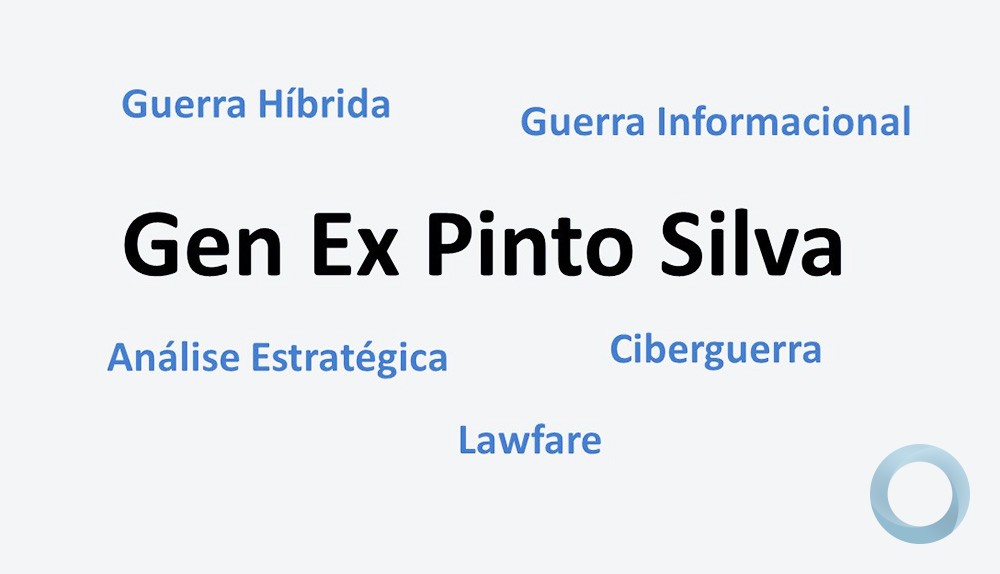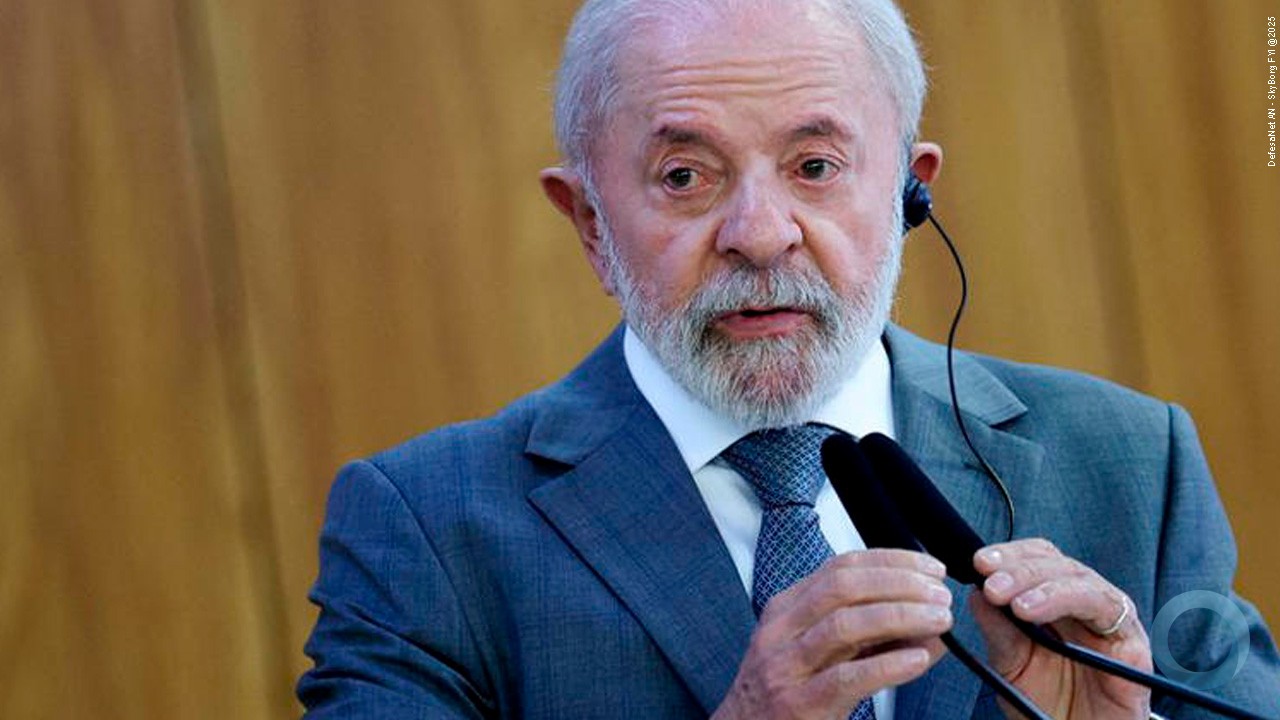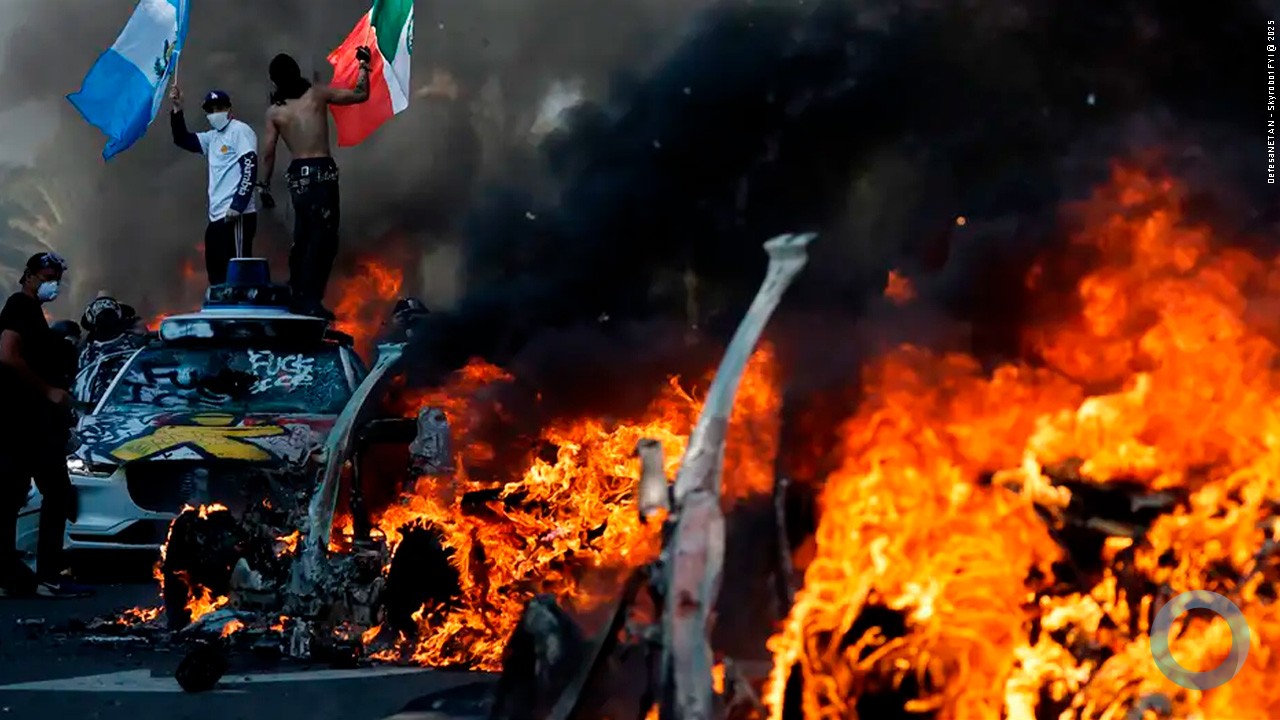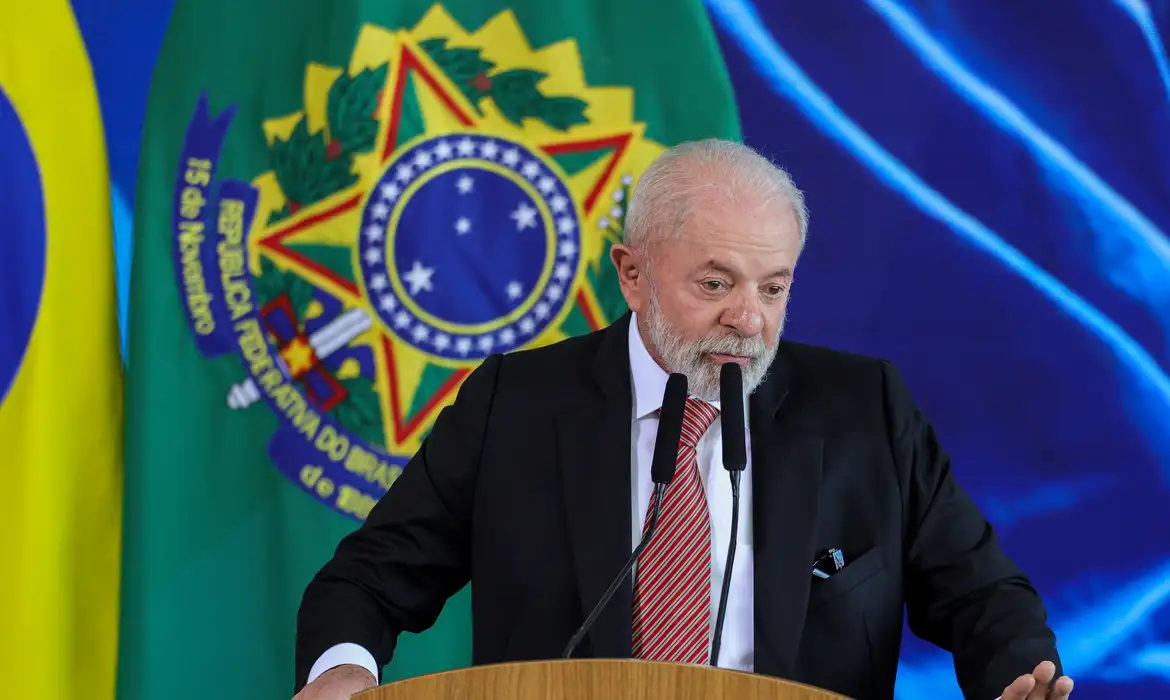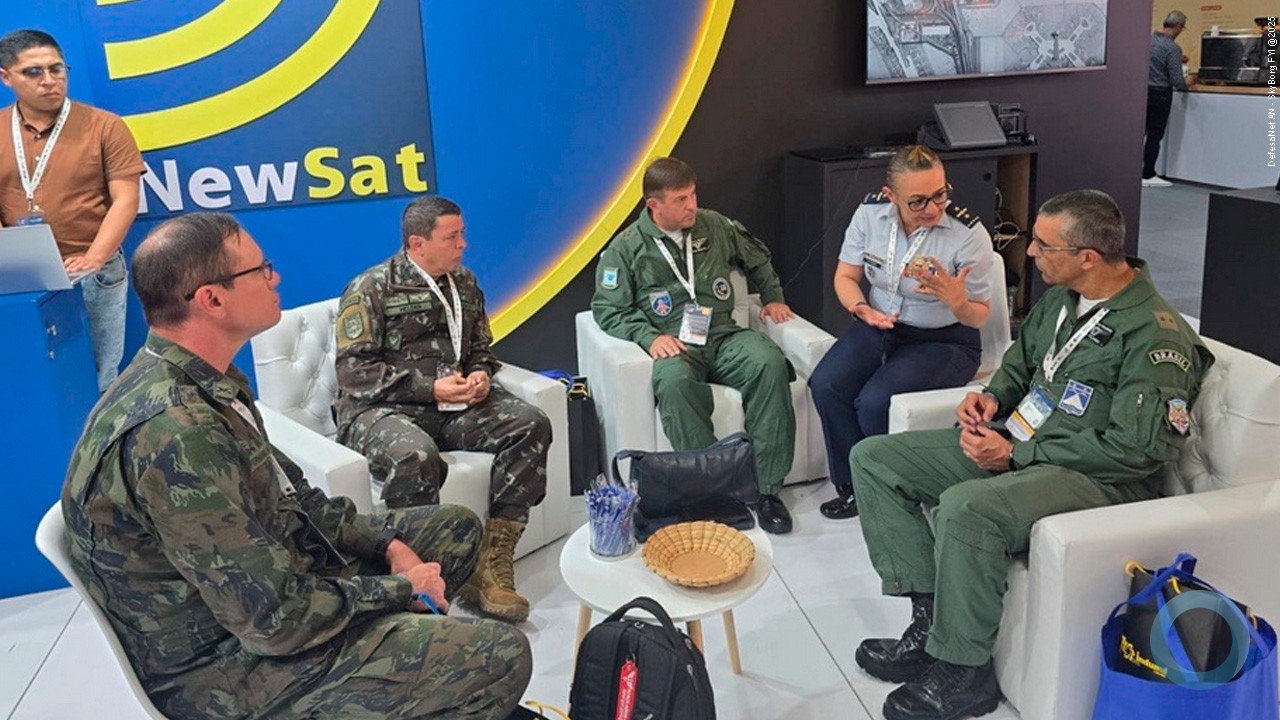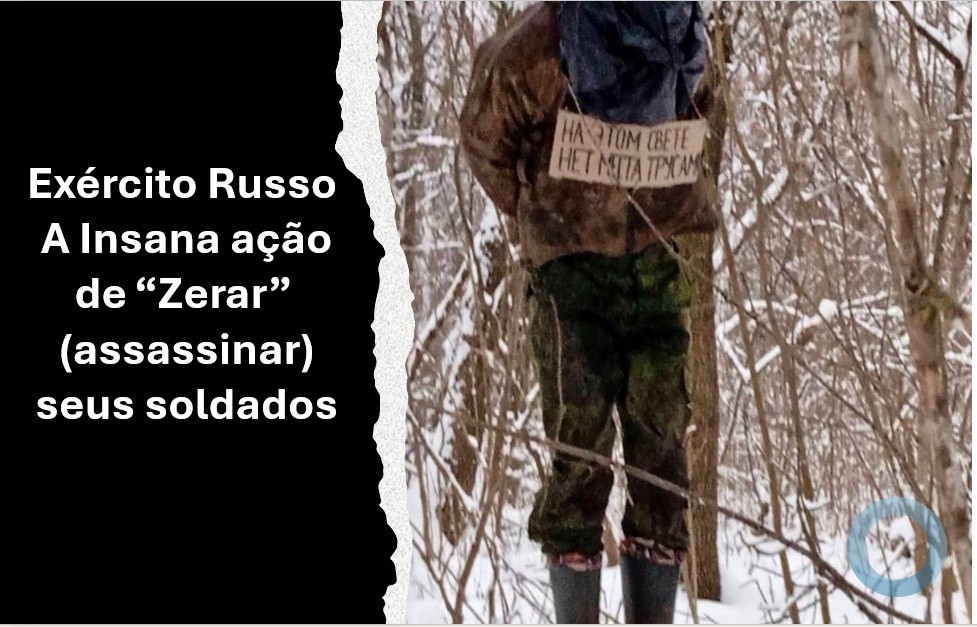|
Note DefesaNet For our international readers we translate the Army General (Gen Ex) Carlos Alberto Pinto Silva – Methods for destabilizing the new Brazilian government. This is a good start for our international readers understand the difficult scenario both in political, society and in security terms. Original text in Portuguese: Gen Ex Pinto Silva – POR QUE DESESTABILIZAR O NOVO GOVERNO DefesaNet Link The Editor |
Gen Ex Carlos Alberto Pinto Silva
Brazilian Army General / Former Commander of the Western and Southern Military Commands, as well as the Land Operations Command / Member of the Brazilian Defense Academy and the Brazilian center for Strategic Studies.
Translation Nicholle Murmel DefesaNet Staff
Here is the scenario: The left-wing has lost Brazil’s presidential elections last October, and now it finds itself split due to extreme political actions taken by the Workers Party (PT). The so-called “peaceful path” to power in Brazil has crumbled for the left-wing. Still, there is an option for them to consider: a non-violent (or at least not explicitly violent) approach to the new right-wing government that starts on 2019, one inspired by political scientist Gene Sharp’s theory.
In case the left-wing were to take Sharp’s theory as a guide to counter President Jair Bolsonaro’s government, the first step – called preparation – would be something of a softcore hybrid warfare, which could mean to stand by certain popular non-violent uprisings, such as workers unions and social justice seekers. However, there is evidence of a more hardcore opposition, as seen in May 2017, around the time of former President Luis Inácio Lula da Silva arrest by the Federal Police – the event ensued protests all over the country.
Historically speaking, for a revolution to be successful, popular indignation is not enough. First of all, it takes a theoretic base for rebellion, as well as organized leadership. According to Vladimir Lenin and his “punch the paralytic” theory, first the governmental structure must be torn apart, slowly and subtly, before any display of force. In terms of strategy, that means to increase doubt within and poison the main institutions that comprise the Estate.
In real life
The current political and social tension Brazil is going through indicates that the hybrid warfare mentioned above is, indeed, a reality. Here are a few reasons to believe that, as well as thoughts on the matter:
– Bolsonaro’s government might, in the near future, react poorly to the left-wing opposition. That in itself could be a threat to democracy, leading to more tension and unknown consequences.
– Quite a few international and multilateral organizations, such as the United Nations (UN) and the Organization of American States (OAS) have publically complained against the future plans and measures of the Bolsonaro Government, as well as the Judiciary Branch.
– Opposition against the soon-to-be right-wing administration continues to use social media to spread information that slanders Brazil’s image in the global scenario.
– The Cuban government has suddenly withdrawn their doctors from the “Mais Médicos” program with the intention do reinforce extreme antagonism against the new Brazilian administration.
– Minorities activism (people from quilombo areas, Brazilian natives, rural workers, LGBT movements).
– Left-wing partisans have already resumed foreign policy activities. For instance, former President Dilma Rousseff is now constantly traveling abroad and slanting Brazil’s reputation.
– There has been the joint phenomena of violent semimilitary organizations, terrorist tactics, proximity with druglords and criminals, urban uprisings – All of those tactics have been employed or have benefitted future government antagonists by demoralizing State authority, public security institutions and spreading fear among the people.
– Other potential disturbances might include agroterrorism and even attempts against President Bolsonaro’s life.
Theoretical bases
It’s impossible to discuss government destabilization without remembering Gene Sharp’s thoughts on non-violent opposition, as well as the chaos theory.
The American scientist defends non-violent opposition, taken place in the social, political, economic and psychological arenas, by mobilizing the more vulnerable parts of the population, or even public institutions. The ‘peaceful’ resistance includes protests, strikes and public marches with one purpose: disturbing social order and tear apart the current administration via ‘spontaneous’ manifestations for the sake of ‘democracy’.
Events such as the recent uprisings in Ukraine and other former soviet nations, as well as the Arab Spring, are examples of real life application of Sharp’s theory. These so-called revolutions usually start as means to fight governmental corruption, electoral fraud and environmental hazards, as well as an attempt to bring awareness to social demands that can be as simple as opposing a raise in public transportation fare.
Psychosocial tactics
Another aspect to consider when it comes to opposition to the new right-wing administration in Brazil is the psychological persuasion with aid of mass media. Experts resource to propaganda and psychological methods in order to sway popular opinion and behavior against the government. According to journalist Jose Roberto Guzzo, in his article ‘Resistant’ (in portuguese only): “it isn’t only about standing as opposition on the political arena. It’s about letting Brazilian citizens know that the defeated party won’t accept the electors’ choice; it’s not valid, they say, because only the left-wing (through the Workers Party) had the right to win”.
Still according to Guzzo “it’s not possible to believe, in all seriousness, that the Lula-Workers Party-left-wing system will resist future political changes simply by shouting ‘Good morning, President Lula’ in front of the Federal Police building where the former President is being held in custody, in the city of Curitiba. It’s as if Jair Bolsnaro had lost the election and the Workers Party had won”. The journalist illustrates that “A news anchor has taken one step further into the political resistance field and spoke about the need to sabotage Bolsonaro’s government. She had allegedly said during a broadcast: “Let’s sabotage the gears of this oppression system. Let’s sabotage this homophobic, racist, sexist and misogynistic system”.
Here in Brazil, the fact that there is a political party in tune with the demands of the poor and socially vulnerable makes it easier for the Sharp theory and it’s no-violent resistance model to be applied in the first (preparation) stage of hybrid warfare tactics. Political uprisings and oppositions, as well as economic transformations and shifts in morals and social values, also have a common component: hints of chaos theory. Hybrid warfare tactics can be interpreted as the practical application of the chaos theory by opposition forces in order to take over political power.
The a non-violent preparation stage of seeking external support and increasing popular dissatisfaction via propaganda and other political and psychological methods, is then followed by acts of violence perpetrated for political purposes, as well as any type of organized social aggression that aims to cause damage discredit governmental authority. Institutions such as NPOs, workers unions, social movements, media organizations and student unions also play a part in mobilizing public attention and intensifying speech and propaganda into psychological pressure towards the actual goal: armed conflict.
Given the situation described above, it’s paramount that Brazilian society stays alert and take part in the current political moment the nation is living – so that any actions against the newly-elected government don’t go unnoticed, allowing opposition to achieve an advantage position before authorities freshly installed in office are able to assess opposition methods and take appropriate countermeasures.
It’s essential, at this point, to develop new strategies in order to defend the democratic State of law, especially because this new reality of power conflict no longer corresponds to traditional political dynamics – hybrid warfare has changed the game completely.
Related articles
Gen Pinto Silva – Tomada do Poder pelo PT Independentemente do Resultado das Eleições
Gen Pinto Silva – Eleições 2018. Democracia Versus Socialismo Marxista
Gen Pinto Silva – Lute para que no Futuro não Tenhamos a República Socialista do Brasil
GUERRA HÍBRIDA, Nova via Violenta para a Tomada do Poder Outubro 2016 DefesaNet Link
GenEx R1 Pinto Silva – O Brasil e a Guerra Híbrida no Pós Guerra Fria Abril 2017 DefesaNet Link
GenEx Pinto Silva – Negros Horizontes para o Brasil Junho 2017 DefesaNet Link
Acesse o arquivo completo de matérias de Análise e Teoria Estratégica
de Autoria do Gen Ex Pinto Silva publicados em DefesaNet
